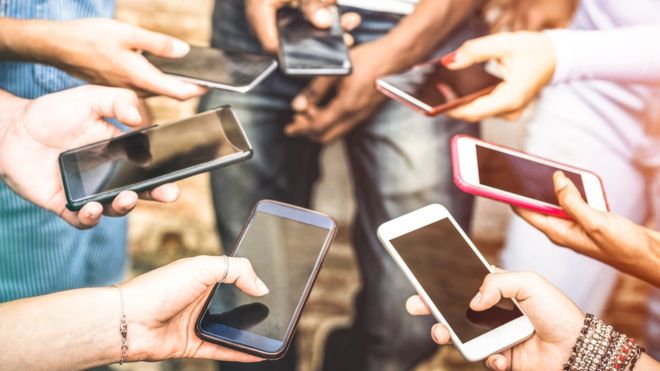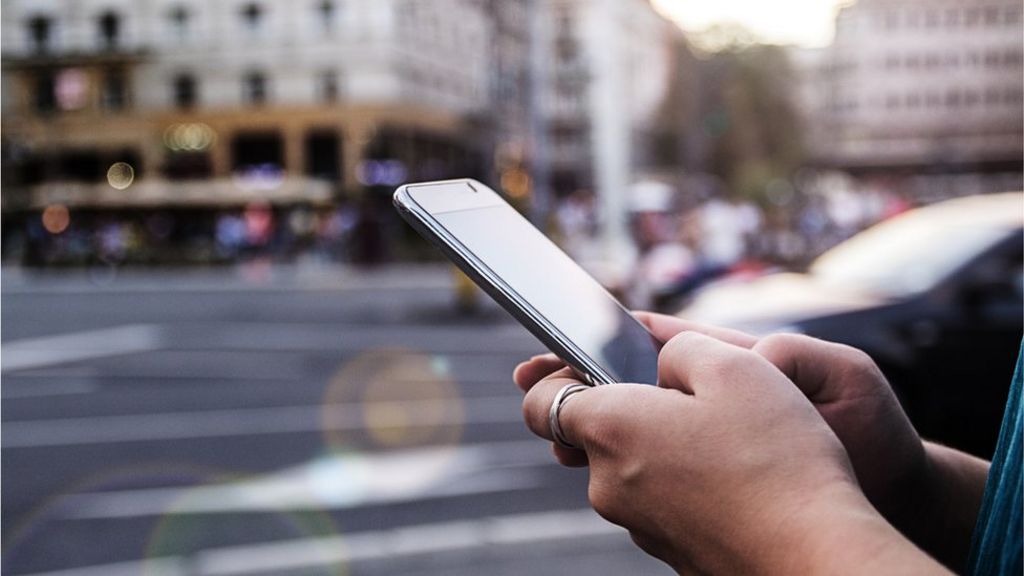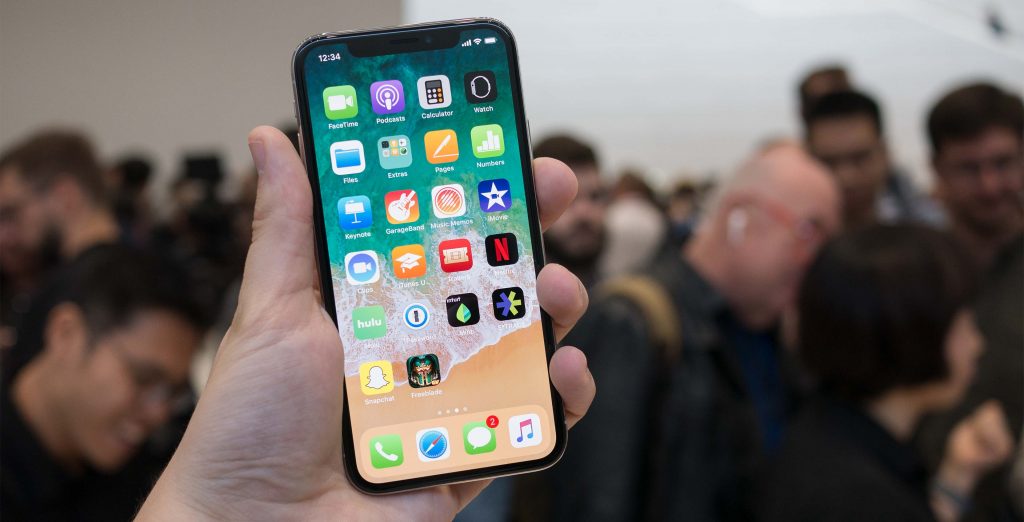The on-net off-grid population of the world will reach 138 million and people who access the internet only through their mobile phones will increase 56 fold from 14 million (2010) to 917 million (2016).
We are talking about mobile phones in a world where almost half of the world population is living on less than $2.50 per day and 80% of the global population is earning less than $10 a day.
In our setting, the mobile ownership must not start before the 20th birthday. It is not important for a child to own a mobile phone until there is no compelling need for that.
Physical attributes, price, charging speed, battery life, word of mouth and advertisement are most common obsessions of a mobile phone buyer.
Instead of filling the hungry belly, paying the electricity, gas, water supply and children school bill, an easy load, a recharge in the palm-sized device is being preferred.

By the end of this year, in South Asia, Southeast Asia, Sub-Saharan Africa, Middle East and 40 other countries, more people will have access to a mobile network than to electricity a study by CISCO reveals. The on-net off-grid population of the world will reach 138 million and people who access the internet only through their mobile phones will increase 56 fold from 14 million (2010) to 917 million (2016).
And we are talking about mobile phones in a world where almost half of the world population is living on less than $2.50 per day and 80% of the global population is earning less than $10 a day. The mobile phone market is being flooded with high-end phones advertisements that obsess a buyer’s mind even before he/she enters the market. Facebook, twitter and other famous social media accounts are flooded with Pakistanis and the reports of online fraud, security breaches and cyber crimes are not limited too. And out of our 25 million Facebook users, two third are below 2 years of age.
This unfathomable rise in the number of mobile phone and mobile internet users instigates some questions in our mind. Among many, some of them might be;
- When does the first phone land into the hand of a young guy/kid?
- What are the obsessions of a user?
- What is their usage pattern on mobiles like social media, FB etc?
- What is their awareness level on various things like cybercrime-related activities, security, abuse, frauds, pinching others etc?
In this article, we will try to answer these few questions with the help of available research data.
- When does the first phone land into the hand of a young guy/kid?
In this and the previous decade, parenting has changed a lot because of the mobile phone era. Once the biggest question in the parent’s mind, “when shall I allow my kid to have car keys?” has now transformed itself to a trickier one, “When shall my kids own a mobile phone?”
However, unlike a car, which has a legal age to start with, the mobile phone ownership neither falls under any law nor norm at all. In our country the common age for a mobile phone ownership varies a lot depending on the income and cultural background of the parents.
In upper and upper middle-class families having a more liberal background, the ownership may start as early as their children reach at 10 years of age while in the remaining majority it can start from the 15th year of the kid. Weinberger’s award winning the internet and mobile safety book “The Boogeyman Exists: And He’s in Your Child’s Back Pocket,” says that it surveyed 70,000 students to claim validity. “On average, fifth graders start sexting, 8 graders attempt to access pornography and its addiction starts at grade 11, the book says.” Dr. Noor-ul-Huda, a practicing psychologist thinks that in our setting the ownership must not start before the 20th birthday. “It is not important to own a mobile phone for a child until there is no compelling need for that.”
Ask yourself following few questions and you will get perfect answer for your child’s right age to own a mobile phone.
- Are my children independent enough?
- Do I need them to remain in touch for safety or social reasons?
- How responsible are they?
- Can I trust them for not texting in the class; bike, travel and that they will use text, photo and video features of the phone responsibly?
- Do they really need a phone which is their music device, a video game player, camera and internet portal as well?
- Am I budget ready to spend on their mobile use?
The right answer to these questions is their right age to own a mobile phone.
- What are the obsessions of a user?
When a prospect buyer enters into the mobile market for a purchase decision, he/she has a few predominated obsessions. Multiple types of research in Pakistan, India and Bangladesh reveal that physical attributes of a phone are the first obsession of a user. Muhammad Riaz-ud-Din, a researcher in life sciences has completed a recent survey which says that 37 percent people decide to buy a mobile phone based on its physical appearance. It includes look, color, weight, size, camera strength, Bluetooth speed and other physical features. Pricing is the obsession of 10.49 percent users, 6.62 percent prefer a phone are obsessed with the charging speed and battery timing, 8.40 are obsessed with the recommendations of their relatives, friends and colleagues while only 3.475 make a decision to purchase a mobile phone because of the advertisements being aired on different print, electronic and social media.
- What is their social media usage pattern?
Out of 133 million mobile phone users in Pakistan, 3G/4G users in Pakistan are around 35 million. The Facebook Audience Insight tool says that from Pakistan there are a total of 25 million users. 75% of them are male while 25% are female. A two-third majority of these users is below 25 years of age and belongs to a comparatively richer segment of the country. Twitter is the second most popular social media website in Pakistan.
In a recent survey by the Gallup Pakistan, it was revealed that 92% of the internet users in Pakistan use social media. The survey was conducted on a national representative sample of men and women from four provinces who use the internet. As per gender breakdown, 94.2% male internet users also use social media while 87.9% female internet users are using social media. Their specific usage pattern of social media was also revealed in a similar research according to which if we prioritize the reasons due to which people use social media are as follows.

Connecting with friends, read the news, remembering friend’s birthdays, to comment, like, tweet and re-tweet, to seek attention, to watch people secretly, to control boredom, to promote work and business and the least use it to support a social cause. A few of them also identified themselves as a victim of SAD (Social Media Addiction Disorder).
- What is their awareness level on various things like cybercrime-related activities, security, abuse, frauds and pinching others etc?
There are only a few who are well aware of cybercrime-related activities, security breaches and frauds on social media in Pakistan. The awareness on sexual abuse has been raised in previous few years because of the multiple cases of abuse and killings that happened through Facebook and were reported on national media. But the cybercrime laws and cyber security are no go areas for internet users in Pakistan. Largely because of our social norms and partly for the inefficient criminal justice system, such cases are not reported by most of the victims. The conviction rate is very low and punishments alike.
A recent research by Haroon Baloch for Association for Progressive Communications (APC) concludes that only 15% of internet users are aware of the cyber crimes, internet security and related issues to some extent. In such a situation there is a dire need to include cybercrime and internet security related chapters in 8th-grade syllabus onwards. That is an effective way to teach our younger generation about these subjects ignorance to which will be fatal.
In today’s digital insecurity, the world is fast digitizing itself. No country can ignore to teach its citizens about the risks that are associated with cyberspace. These risks are associated with transactions, breach of privacy through social media, data leaks, emails, intellectual property rights, frauds and others. Pakistan has already passed and enacted a controversial Cyber Crime Law but without awareness, these laws will not contain the crime.
This century is bringing a fundamental change in this world. It is taking physics out of the globe. Yes, Physics!!! How? From people to friendship the substance is getting lost in small palm sized devices called mobile phones which are very smart now. Digitization is killing the pile of files and papers and substituting it with invisible electronic data. Mindless zombies have substituted Baseball, Hockey, Football, Gulli Danda and Hide n Seek. The reality is losing its value to 0 and 1. Celluloid films, cathode ray tubes and music cassettes have become a part of the previous century. But no one is panic about this, as we are welcoming it by addiction. And those few panic, are getting no response and digitization is taking its space forcefully.
Instead of filling the hungry belly, paying the electricity, gas, water supply and children school bill, an easy load, a recharge in the palm-sized device is being preferred. At a speed of 120, when a little error can kill all inside our car and on a motorbike, where life depends on the equilibrium of two finger wide wheels, we can prefer to send and receive text messages. From a monthly salary of Rs. 10,000, after a 5 months saving, he has not opted to buy jewelry for her soon-to-marry daughter, but a mobile phone.
Obsession is occupying nerves, the 21st-century apocalypse is about to happen.



